Intersection of Genomic data and AI
Complexity of genomic data of living organism obtained from clinical data and basic research provides longstanding challenges that could hamper efforts to achieve precise medicine. AI has virtually affected all the fields of research, especially those dealing with big data, such as functional genomics. Automation and data-driven processes are increasingly being incorporated into biotechnology.
Target Detection/Analysis
Whole genome analysis
Next generation Sequencing
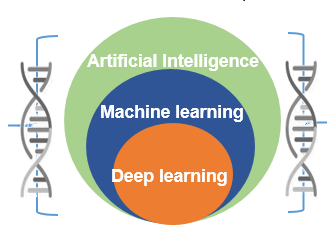
Disease prevention
Personalized/ Precise medicine
Diagnosis & Target Identification
Fig.1 AI application in functional genomics
Major topics under clinical studies involving AI based analysis

COVID-19
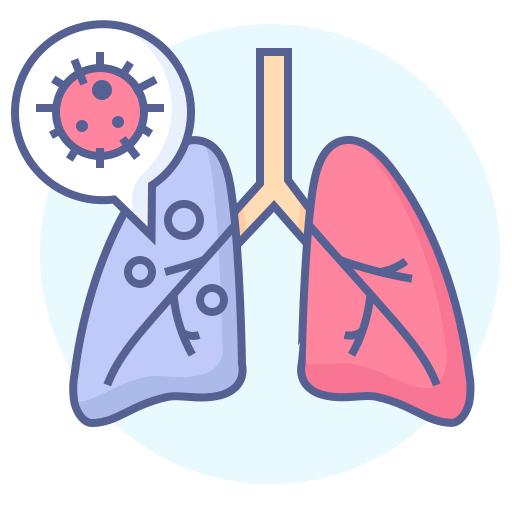
Tuberculosis
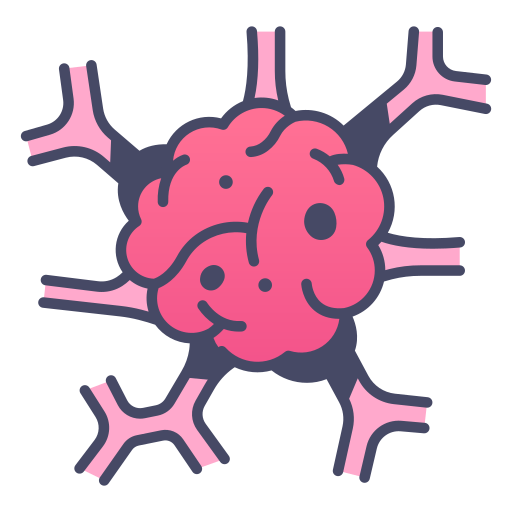
Cancer

Sepsis

Neurological
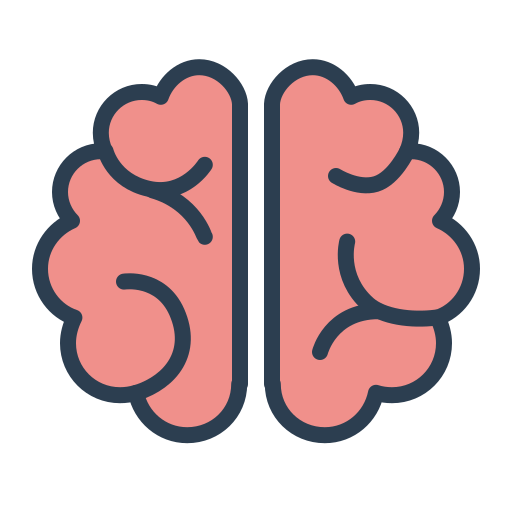
Glioma

Precise medicine

Others
Covid 19
For Covid 19, AI sequencing software (AI types used are machine learning, deep learning and artificial neural network) and tools are being used for Critical Illness, Hypoxemic Respiratory Failure, Neurocognitive Dysfunction and Mechanical Ventilation Complication, vaccines and drugs.
Tuberculosis
AI, ERASE – TB, evaluate new diagnostic tests for detecting tuberculosis (TB) to steer its prevention in Zimbabwe, Tanzania & Mozambique
Cancer
Oncology Imaging genomics relies on the use of AI algorithms to extract information identified on an image (e.g., mutation pathology), Genomic datasets and link these features with phenotypes
Sepsis
Biomarker-enhanced artificial intelligence (AI)-based pediatric sepsis screening tool (PSCT) Clinical outcomes in hospitalized patients monitored with the Morley Medical Sepsis Software Device
Neurological
Neurological, diagnosis of early Alzheimer, Autism, Parkinson, Multiple sclerosis,
Glioma
Molecular pathology (1p/19q co-deletion, MGMT methylation, IDH and TERTp mutations, etc) and genetic data (Whole exome sequencing, RNA sequencing, proteomics, etc), MR sequences (T1, T1c, T2, FLAIR, ADC, DTI, PWI, etc) sequencing
Precision medicine
Healthcare including Personalized medicine following genome sequencing using AI based diagnosis.
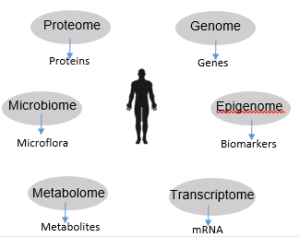
Precise healthcare
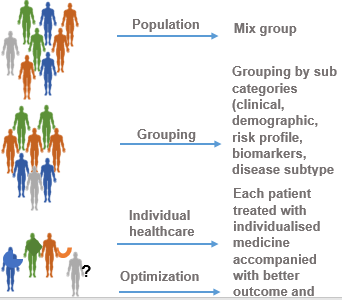
Precise medicine
Others
EchoNet-LVH screening for Cardiac amyloidosis Deep Learning Algorithm for Gastrointestinal diseases 16s rRNA high-throughput sequencing combined with bioinformatics for various diseases ( e.g., Vaginal microbiota)
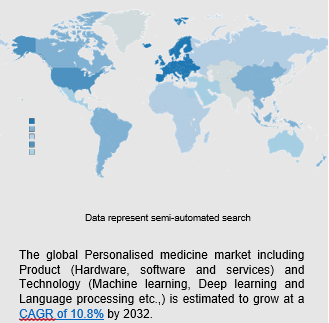
Top companies using AI for diagnostic purposes
No Data Found
Data represents semi-automated patent analysis.
Recent AI driven advancements in top Pharma companies
Ultima’s UG 100™, a high-throughput next-generation sequencing (NGS) instrument to generate high-quality sequencing data.
NVIDIA A30 GPUs with the NVIDIA Clara AI computing platform to perform accurate and accelerated varied level.
Ultima and NVIDIA together to develop Ultima specific germline variant pipelines for Google’s DeepVariant which can run on NVIDIA Clara™ Parabricks®
Illumina’s TruSight™ Software Suite include application of rare clinical diseases with examination of medical record and associated phenotype related to disease.
With TruSight™ (translate sequencing) Illumina has integrated its DRAGEN Bio-IT Platform, in order to enable comprehensive, streamlined variant analysis including two of its own tools, SpliceAI (splice site regions) and PrimateAI (benign missense variants)
Emedgene’s Cognitive Genomics Intelligence™ solution to produce insights for genomic data from all available resources
Collaborate together to develop technology platform for early detection of cancer.
C2i Genomics’ MRD monitoring platform, including Singaporean biotech company NovogeneAIT Genomics and NuProbe.
The C2inform assay uses patient-specific AI-based pattern recognition and error suppression methods that integrates signals for highly sensitive detection of cancer-associated DNA
India’s first AI- enabled test with trace amount of recurrent or persistent cancer.
Clinical Performance Evaluation of the C2i-Test- NCT05221827
Hematoxylin and eosin (H&E)-based Biomarker test developed by Janssen Research & Development to screen for actionable FGFR2 and FGFR3 genomic alterations.
The goal is to improve rates of confirmatory molecular testing using Paige platform, currently under evaluation on patients with advanced urothelial cancer – NCT04083976
The AI based screening simply analyse standard biopsy slides slide to spot the genetic alteration.
Focusing on artificial intelligence enabled drug discovery with its FDA approved fast track designation to AC0176 (chimeric degrader molecule targeting the androgen receptor (AR).
Currently under evaluation– NCT05241613 for the Treatment of Metastatic Castration Resistant Prostate Cancer (mCRPC).
Collaborate for application of Artificial Intelligence Technology for Peptide Drug Design, building leading peptide predictive and generative modelling technology in the field of peptides.
Genius™ intelligent endoscopy module, under evaluation-for reduction in adenoma miss rate (AMR) with AI technology patient with colon cancer.
National University of Singapore (NUS), in collaboration with clinicians from the National University Cancer Institute, Singapore (NCIS), reported positive response in an artificial intelligence (AI) tool, Curate.AI, that identifies and better allows clinicians to make optimal and personalized doses of chemotherapy for patients using patient’s clinical data including drug type, drug dose and cancer biomarkers






